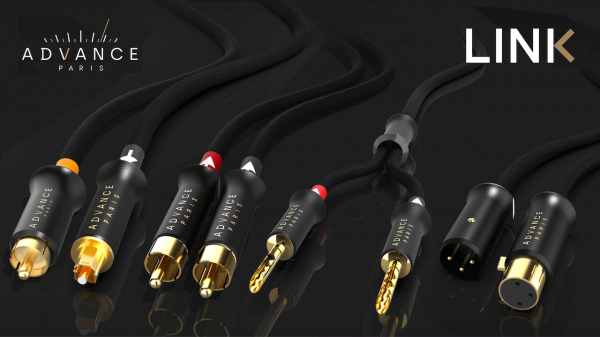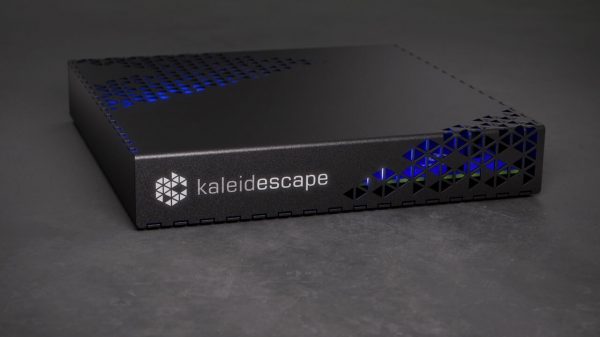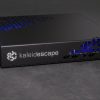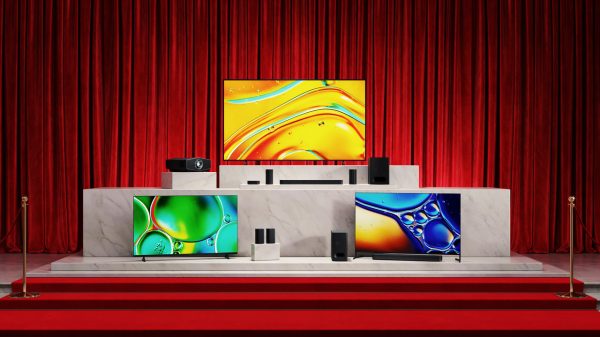Samsung Develops World’s Highest Density DRAM Chip (Low-power 4Gb DDR3)
Samsung Electronics Co., Ltd., the world leader in advanced memory technology, announced today that it has made a significant advancement in the push for higher volume memory chips by developing the world’s first four gigabit (Gb) DDR3 DRAM chip, using 50 nanometer (nm) process technology.
With more and more data centers seeking a reduction in the number of servers they use, the development of low-power 4Gb DDR3 has become critical in reducing data center costs, improving server time management and increasing overall efficiency.
For the new generation of “green” servers, the 4Gb DDR3’s high density combined with its lower level of power consumption will not only provide a reduction in electricity bills, but also a cutback in installment fees, maintenance fees and repair fees involving power suppliers and heat-emitting equipment.
“We have leveraged our strength in innovation to develop the first 4Gb DDR3, in leading the industry to higher DRAM densities,” said Kevin Lee, vice president, technical marketing, Samsung Semiconductor, Inc. “By designing our 4Gb DDR3 using state-of-the-art 50-nm class technology, we are setting the stage for what ultimately will result in significant cost-savings, for servers and for the overall computing market,” he added.
The 4Gb DDR3 can be produced in 16 gigabyte (GB) registered dual in-line memory modules (RDIMM) for servers, as well as 8GB unbuffered DIMM (UDIMM) for workstations and desktop PCs, and 8GB small outline DIMM (SODIMM) for laptops. By applying dual-die package technology, this new device can deliver modules of up to 32GB — offering twice as much capacity as memory modules based on the previous highest chip density of 2Gb.
Designed to be low-powered, the 4Gb DDR3 DRAM operates at 1.35 volts (V), therein improving its throughput by 20 percent over a 1.5V DDR3. Its maximum speed is 1.6 gigabits per second (Gbps).
In 16GB module configurations, 4Gb DDR3 can consume 40 percent less power than 2Gb DDR3 because of its higher density and because it uses only half the DRAM (32 vs. 64 chips).
With an aggressive conversion to 50nm-class production for higher density DDR3, Samsung intends to remain the clear leader in high-volume/high-performance DRAM.
In September 2008, Samsung announced its development of the world’s first 50 nm-class 2Gb DDR3 DRAM. Now, just five months after, it has established the industry’s broadest line-up of high-performance DDR3 products using 50 nm-class process technology (4Gb, 2Gb, 1Gb).
As forecasts have the amount of memory per server doubling every two years, the development of high-density DRAM is expected to keep pace, expanding to other applications such as notebooks and desktop PCs.
According to the International Data Corporation (IDC), a market research and analysis firm, the worldwide DDR3 DRAM market will account for 29 percent of the total DRAM market in 2009 and 75 percent in 2011. In addition, IDC estimates that 2Gb-or-higher DDR3 DRAM will make up three percent of the total DRAM market in 2009 and 33 percent in 2011 (units in bits).
About Samsung Electronics Company
Samsung Electronics Co., Ltd. is a global leader in semiconductor, telecommunication, digital media and digital convergence technologies with 2007 consolidated sales of US$105 billion. Employing approximately 150,000 people in 134 offices in 62 countries, the company consists of two main business units: Digital Media & Communications and Device Solutions. Recognized as one of the fastest growing global brands, Samsung Electronics is a leading producer of digital TVs, memory chips, mobile phones and TFT-LCDs. For more information, please visit www.samsung.com.
DRAM Market Forecast
| In Hundred Millions | 2008 | 2009 | 2010 | 2011 | 2012 | |||||
| DRAM | 87 | 132 | 188 | 264 | 392 | |||||
| DDR3 | 6 (3%) |
38 (29%) |
106 (57%) |
197 (75%) |
315 (80%) |
|||||
| Over 2Gb* (Within DDR3) |
0.003 | 0.5 (3%) |
6 (11%) |
32 (33%) |
89 (57%) |
(Source: IDC 2008 3Q)
* The percentage for DDR3 over 2Gb is based on 1Gb equivalents.























